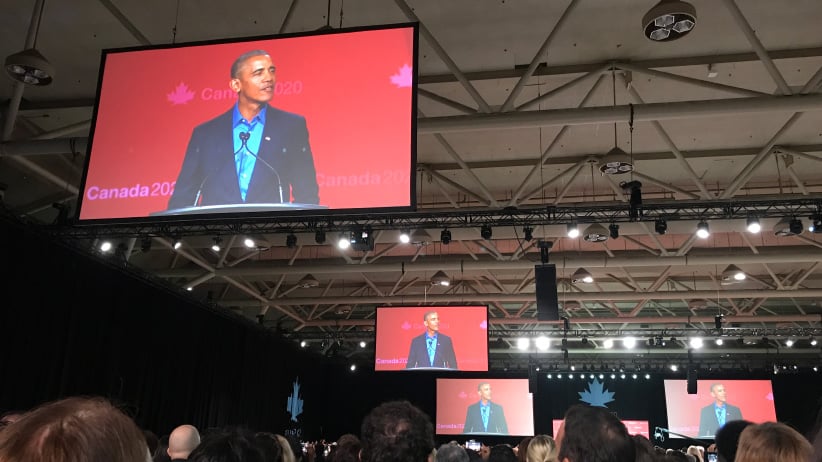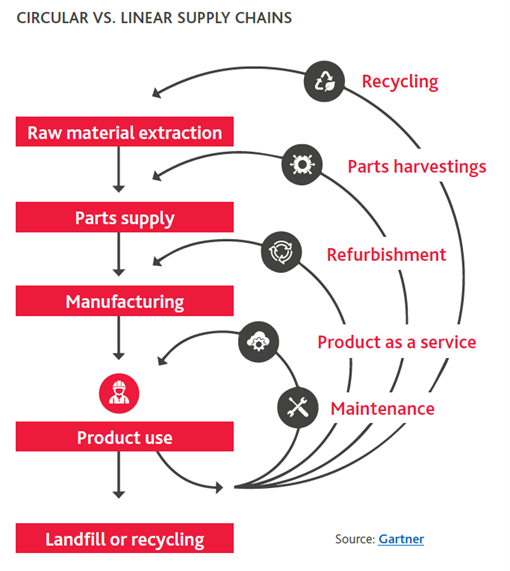Trump’s trade war isn’t as mad as it seems
The Donald is right to challenge the prevailing anti-tariff orthodoxy
02 February 2025 2:45pm GMT
After Trump
slapped tariffs on Canada, Mexico and China, economists of Left and Right called him a lunatic: protectionism surely means higher prices, disrupted supply chains, trade war. Super triple bad!
Yet philosophically it makes sense, and the inability of journalists to see the
President’s point of view betrays how far free trade has become a religion – a faith, like any other, that’s prone to myth and hypocrisy.
The myth is that free trade built America and is an axiom of conservative thought. In reality, throughout the 19th century, taxes on imported goods provided over half the government’s revenues, and Republican presidents saw them as essential to expand industry and protect US workers from cheap products and labour.
To quote President William McKinley, Trump’s mountainous hero: “Free trade results in our giving our money… our manufactures and our markets to other nations... It will bring widespread discontent. It will revolutionize our values.”
That consensus ended with the Depression, which appeared to discredit economic nationalism, and the Cold War, which transformed America into the referee of a new international system. Free trade graduated to orthodoxy. Yet even Ronnie Reagan used tariffs – against Japan – and Joe Biden
imposed a 100 per cent tariff on Chinese electric cars, also tripling taxes on steel and aluminium products. “If the pandemic taught us anything,” said Biden, “we need to have a secure supply of essentials here at home.”
The EU remains a cartel, charging the US around 8-10 per cent to sell cars in its market. In short, economic protection is a fact of life, and comes in multiple forms – from subsidies to currency manipulation to environmental or labour standards –indicating that it is natural for human beings to tip the scales in their favour.
From the White House it looks as if America is currently carrying the weight of the world on its shoulders. The country pays about $820 billion to defend the West while operating a trade deficit worth $773 billion. Its border is overrun by illegal migrants and drugs. In 2023, around 81,000 Americans died from opioid overdoses; a
key source of illegal fentanyl is China, coincidentally America’s #1 competitor, routed through Mexico via drug gangs.
You might argue that addiction is a problem of demand, not supply, but to the reactionary mind, migrants, foreign cars and drugs amount to an invasion by other means. Brits agonise over the fact that Americans make more money than us, yet that advantage is being whittled away by crippling medical bills and early deaths – signs that an apparently strong nation is, like the late Roman empire, overwhelmed and crumbling from within.
So, Trump wants to use tariffs to force foreigners to show some respect. When the US recently tried to repatriate migrants to Colombia, the Colombian government refused to play ball.
Trump threatened tariffs and visa sanctions; the Colombians folded an hour later and offered to send their presidential plane to collect their people.
Trump tried similar tricks in his first term and even free market Republicans made their peace with what they hoped was a temporary tool of foreign policy coercion. The interesting question, the one that really matters, is this: does Trump Mark II, emboldened by a new majority, now want to make these tariffs permanent in order to rebalance the domestic economy away from taxes on income and towards taxes on imports? To quote that gold standard of US journalism, USA Today: is this about “revenge” or “revenue”?
For there really is a moral case for tariffs. In a protectionist state, goes the argument, there is less need for welfare because jobs are plentiful; less incidence of social unrest because wages are high.
Prices might go up – though they barely did in Trump’s first term – but that’s the whole point. While income taxes penalise effort, tariffs, by hitting consumption, encourage frugality and saving. Citizens grow their own food, make their own products and defer pleasure, all critical ingredients of the Protestant-capitalist ethic. The rhetorical link between addiction and free trade/open borders is apt. Trump wishes to make his country not just great but sober and independent, weaned off the opium of cheap Chinese imports.
To those who say, “this is a variety of social engineering”, one might reply: “so is net-zero”. Few of us practice economics objectively; it’s a means to build the society you want.
Trump has thus dragged
a latent culture war into the open. On one side are
liberals who believe the world must pool resources and sovereignty to save the planet. On the other,
nationalists argue that however well-intentioned this is – even if anthropogenic climate change is real or the global south has a legitimate claim for reparations – what it means in practice is powerful
democracies losing their edge.
The world is a jungle.
Nation states, like individuals, should put their own people first. We can carry on down the path of signing treaties and lowering barriers and, for a while, it will make Americans feel like the strongest consumers in history, driving off to see their oxycodone dealers in their cheap little electric cars. Till the day comes that China says it wants Taiwan, and Beijing is too strong for anyone to stop it.
drinkmoremoonshine.ca









